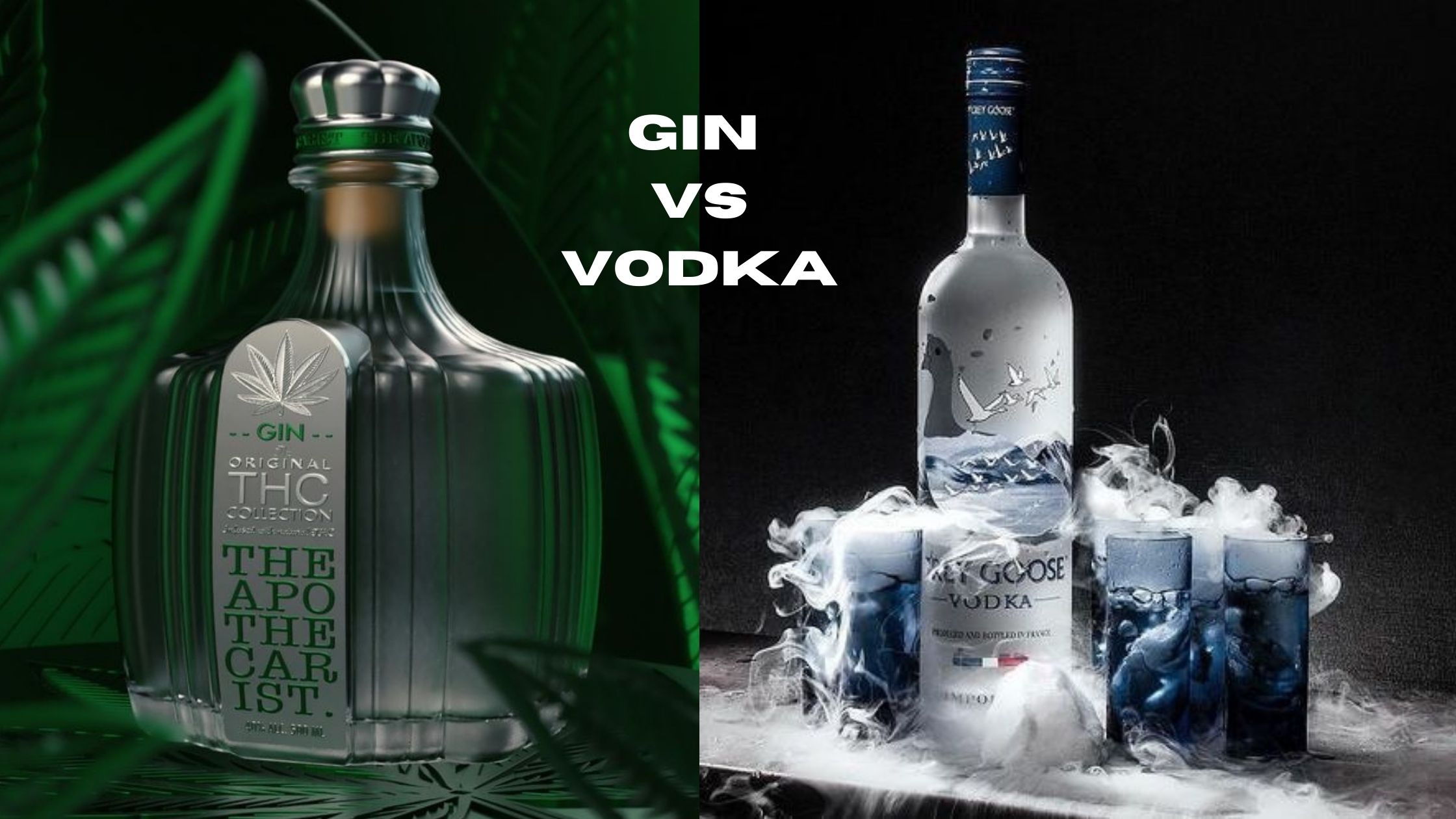Mahua: A Deep Dive Into India's Traditional Drink
2026-01-29

Gin vs vodka: two clear spirits that are almost always found behind a bar or in cocktail glasses, but otherwise they have quite different flavor profiles, production processes, and cocktail roles. Enjoying your classic martini and refreshing gin and tonic will not be complete without knowing the key differences between gin and vodka. In this blog, we shall discuss the 5 differences between gin and vodka, and this will help you in making the right cocktail choice next time.
Vodka, a distillation process, intends to give clear and pure flavor. Vodka is derived from grains—wheat, rye, or even tubers—potatoes—passing through distillation procedures to remove impurities, yielding a neutral spirit good for mixing with any ingredient in cocktails. It is usually the smooth, flavorless base, and all other elements are provided to shine through in the drink.
Also like vodka, gin starts with a base neutral spirit, but the flavoring part comes in with botanicals, juniper berries being one of those most commonly used botanicals. Botanicals are steeped in the base spirit before going through distillation, thus giving them herbal, floral, or spicy nature to the spirit. This is the property that makes gin aromatic and distinct, depending on the botanicals that have been chosen by its distiller.
When comparing the taste of gin vs. vodka, it’s clear that the two spirits are worlds apart.
Vodka generally lacks a taste, and is quite neutral. Its clear, crisp flavour makes it blend very well without dominating the mixer-flavours, such as with drinks like Moscow Mule or Screwdriver. Perfectly fit drinks, where the key ingredients are again other ingredients.
The gin flavor is usually much stronger, though. The piney, somewhat peppery flavor of juniper berries makes gin stand out. It may also contain other flavors such as citrus, herbs, and spices, including coriander and angelica root, even though the term refers mostly to juniper. Given that, here are the most classic gin cocktails in which gin behaves and vocalizes most of its boldness: the gin and tonic and the Negroni.
Both gin and vodka are generally high-proof spirits, though their alcohol content is typically quite similar.
Most forms of vodka have that as an alcohol by volume (A.B.V.) measurement of about 40 percent, with it varying a bit from place to place. The neutral quality of vodka suggests that it does not convey a strongly alcoholic taste, thereby rendering it somewhat deceptively potent in cocktails.
Actually, gin is usually always sitting lower than 40% ABV. Although it has pretty much the same alcoholic content as vodka, gin has a more botanical and complicated flavor that tends to sometimes make it feel stronger than vodka in cocktails. Just hearing a word of the specific flavor of gin could make the alcoholic content seem stronger if it is palatable even at similar ABVs.
Both spirits are essential in the cocktail world, but they serve very different purposes in drinks.
A vodka can match almost any mixer as it is pretty much tasteless. Well-known vodka cocktail vermouths are the Moscow Mule (vodka with ginger beer and lime) and a Bloody Mary (vodka mixed with tomato juice and spices). Vodka could be the sole spirit in a lovely martini, where spirits all focus on the drink as it is.
As there has to be a distinguishing taste for cocktails, gin has a unique flavor profile, which makes it work really well for cocktails, as the botanics can come out. The simplest example is probably the gin and tonic, pretty much what it says, just gin and tonic water—one of the most iconic gin cocktails. Another cocktail featuring gin, the classic Negroni, gin, Campari, and vermouth shows off the herbal character of gin beautifully.
When considering health aspects, both gin and vodka are relatively similar in terms of calories.
A shot of vodka, poured to a 1.5 oz serving, contains some 96 calories, which is much lower than in most other types of alcoholic beverages. So, a pure alcohol drink can be found to be relatively low-calorie, especially when sweeter sodas or juices are added to it.
Gin has quite a similar calorie count, with a 1.5 oz serving containing slightly around 97 calories. Still, due to the strong botanical flavors of gin, it can satisfy one well, and thus it can be combined with lower-calorie mixers like tonic water, which makes the overall calorie count lower for the drink.
Gin vs vodka has been a topic of endless debate. At the end of it all, preference is the deciding factor. Vodka should be your choice if you want a clean, neutral base for cocktails. It can mix well with almost any kind of mixer and is usually used for classic cocktails, focusing on the other ingredients and not on vodka itself.
But for those who want a richer, more complex experience, they should go for gin. Its botanicals give interesting flavors, so that when you drink a gin and tonic or a Negroni, it doesn't taste as empty as vodka but rather has some character.
Both of them will taste great with gin or vodka inside them and leave room for cocktail options with both giving some distinctiveness and flavors to the drink. Try and see which works the best for you!